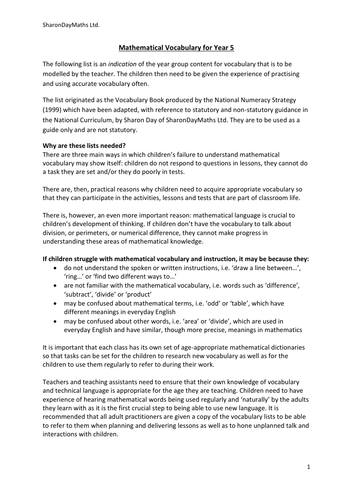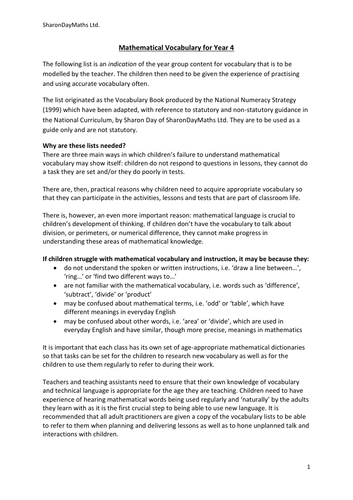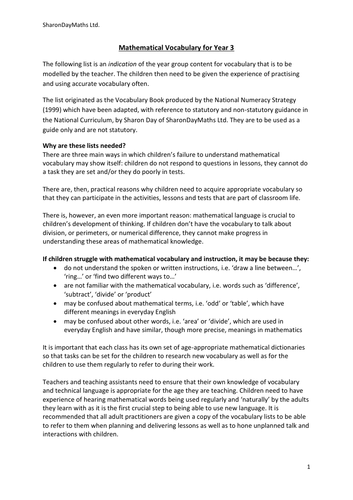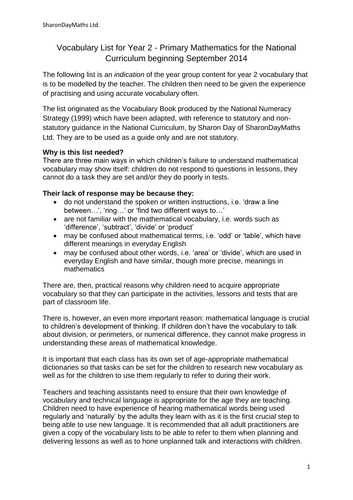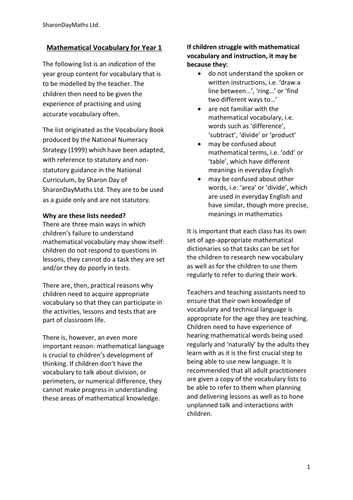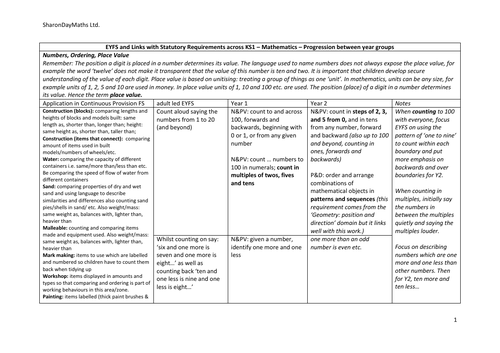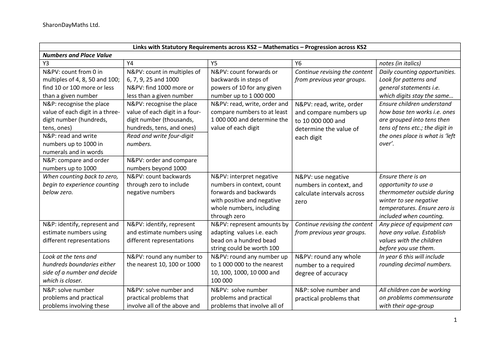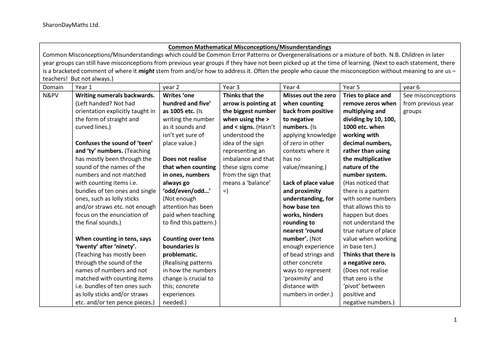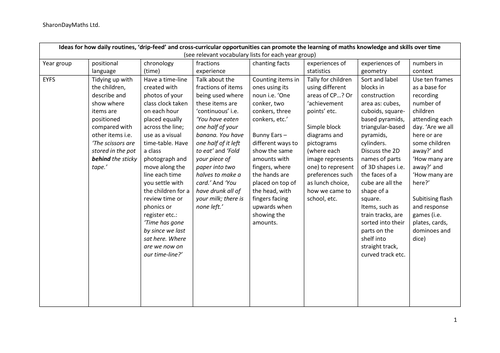Sharon Day Maths Shop (SharonJaneDay)
I am a freelance mathematics consultant for EYFS and Primary. I have been trading in my current role since 2011. Before that I worked for the National Strategies for five years after having taught in the classroom for twenty-one years. I have a wealth of experience to share and I am always on the lookout for new and effective ways of making maths accessible and engaging for pupils and teachers.


